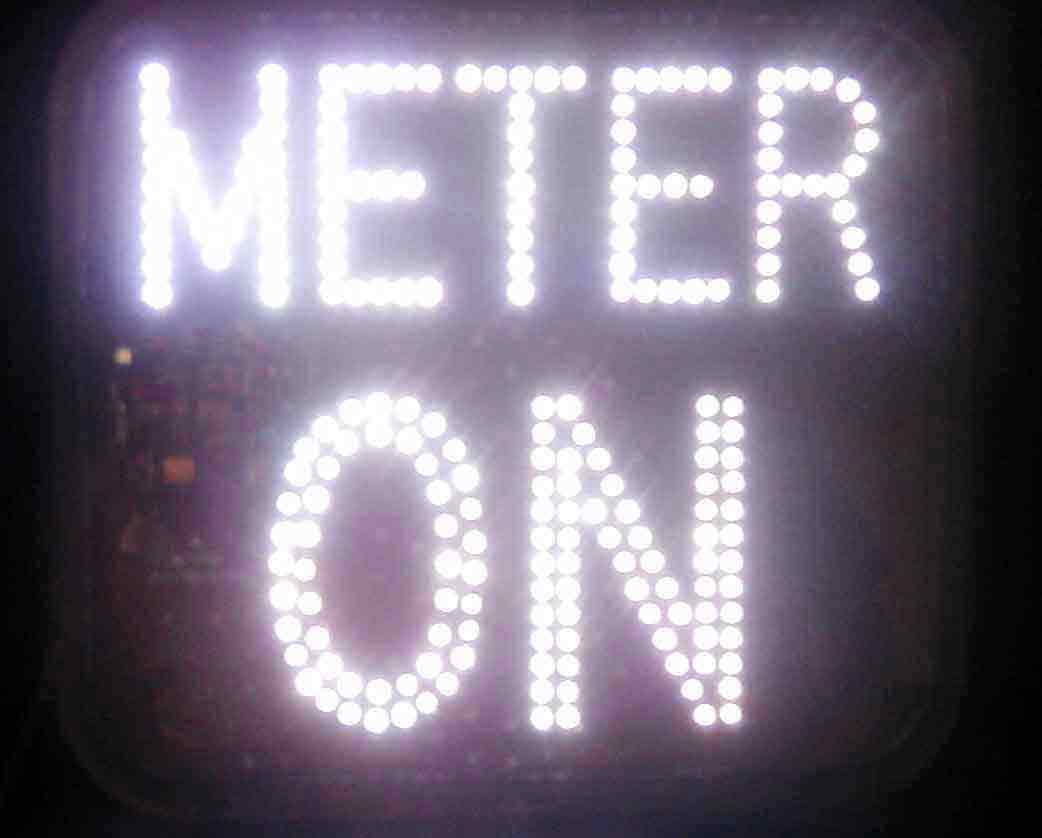 The Atlantic, to its credit, is being a pit bull in not letting higher education continue to get away with the terrible education it provides. The latest is an article calling for "genius" professors to make their courses available online, a la what MIT and Yale have done.
The Atlantic, to its credit, is being a pit bull in not letting higher education continue to get away with the terrible education it provides. The latest is an article calling for "genius" professors to make their courses available online, a la what MIT and Yale have done.But that would be merely a drop of water in what could be an oceanic change. After reading the article on The Atlantic's website, I posted this as a comment. Forgive the frustrated and know-it-all tone but I decided to allow myself the luxury of letting 'er rip:
THE answer is to, for a given course, say Intro to Economics:
1. Assemble a team NOT of the great genius professors but those MOST TRANSFORMATIONAL TO UNDERGRADUATES.
2. Have them divide the course into the segments each best teaches.
3. Have a genius in online instructional design work with each professor to develop their segment to maximize INTERACTIVITY, SIMULATION, and other wonders possible online.
4. The resulting course would be SOLD to individual universities to offer to their students.
I've written about this so many times for DECADES, most recently:http://www.martynemko.com/arti... Yet, the world has virtually been silent to my call.
Now I'm getting old and I fear that this true reinvention of higher education will not occur. We will continue to be so, so, so incremental. Only a fool would argue that the method of teaching, virtually unchanged in 2,000 years, will change because Joel Klein, Peter Thiel, Richard Vedder, and a few other outsiders decry it.
It's a political problem--There is TREMENDOUS vested interest in maintaining the status quo--the research-oriented professoriate and administrations who LOVE being allowed to get away with research-first professors teaching undergraduates cheaply, and of course, that's reinforced by the mammothly powerful higher education lobby. Higher education lobbying machines litter the halls of our government.
I sure hope I'm wrong. Truly, the world's future could be dramatically improved through higher education's reinvention along the lines I propose.
















